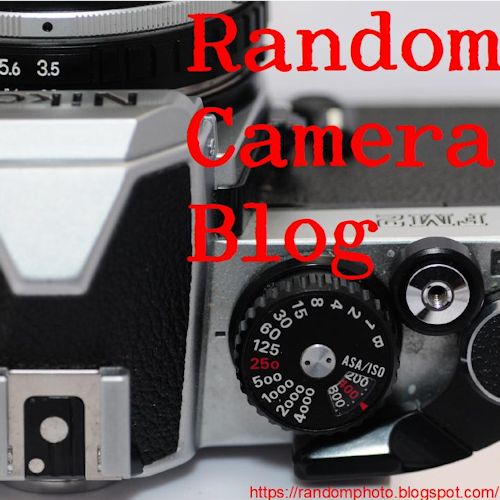From the RPX 25 Datasheet (translated by user ashfaque on Rangefinder forum 12/2015):
"Low-sensitivity, high-resolution, panchromatic black and white film, ISO 25/15°
Rollei RPX 25 is a panchromatic B&W film with a nominal sensitivity of ISO 25/15°, which is cast on a modern crystal clear, synthetic carrier.
This film is characterized by its high resolution at fine grain and high edge sharpness. Rollei RPX 25 behaves perfectly in over- or under-exposure due to its optimum sensitivity reserve of up to 2 stops. Depending on the developer, the film compensates critical lightning situations. The 5µ film - silver-rich-panchromatic sensitized Rollei RPX 25 is poured into a crystal-clear polyester carrier of 100µ. "
Main Features in Brief
- Low sensitive panchromatic film at ISO 25/15°
- Resolution Contrast Ratio 1000: 1 = 260 lines / mm
- RMS granularity (x1000) = 8
- Exposure range (between 12 and 50 ISO)
- Good pull-push characteristics
- Good rendering of tones
- Very good maximum blackness;
- Transparent = optimal for scanning and as slide
- Optimum flatness thanks to anti-curling layer
I shot my roll of RPX 25 while on a trip to Dutchess Co., NY in early February. I also traveled around the nearby CT/MA/NY area, and when I found myself at Great Falls on the Housatonic River, I knew that a low-ISO film was perfect for what I was seeing. I loaded my Nikon FM3a with the RPX 25 and had exposures of about 2 sec maximum. I saw no problem with long vs normal exposure times. I developed the film in Kodak D-76 1:1 for 8 minutes at 20°C.
 |
| some negatives on the light table |
In my research about this film, I found that it could have been made by Agfa, and might have been the Agfa Aviphot 80 aerial film. Which apparently, is the same as the Rollei Retro 80s. I have shot the Retro 80s, and I like it, and it does not appear to me to be the same film. The Polyester base does lie very flat, which to me, is a plus in scanning. I know that the Rollei films are all rebranded from other manufacturers, and of course, it's not old-stock Agfa APX 25. What exactly is it? Does it really matter? It's documented that the Rollei Retro 80s is the Aviphot 80 film. I am not buying that RPX 25 is the same film. I am glad that the RPX 25 is available and from what I have seen thus far, an excellent film for landscapes. I'll leave the keyboard commandos to their theories about the film's origin.
One may argue that one roll isn't really testing this film. I shot the film at the box speed, using a camera and a subject that I am familiar with in my shooting style. Yes, I used a tripod and a cable release. I feel that my results matched my expectations for a low-ISO panchromatic film. Of course, I would shoot this film again.
One bit of caution - since the film is on a PET base, light-piping can occur, so keep the film in the black canister, and load in dim light.
All images shot with a Nikon 35-105 zoom Nikkor, unless otherwise specified.
 |
| on the way home, along I-26 N of Asheville, 50mm f/1.4 nikkor |
 |
| on the way home, along I-26 N of Asheville, 50mm f/1.4 nikkor |







1 comment:
Mark: Just found this article while researching fine grain B&W film. Shot lots of B&W in the 70s-90s, and am now looking at getting back into 35mm B&W. The photos you posted with the article are great, just the subject material I like to shoot, so it was a good example of the tonal range of the film. I recognized the I-26 shots, I live in Elizabethton, TN. Looking forward to reading the rest of you blog.
Regards,
Steve Allen
Elizabethton, TN
Post a Comment